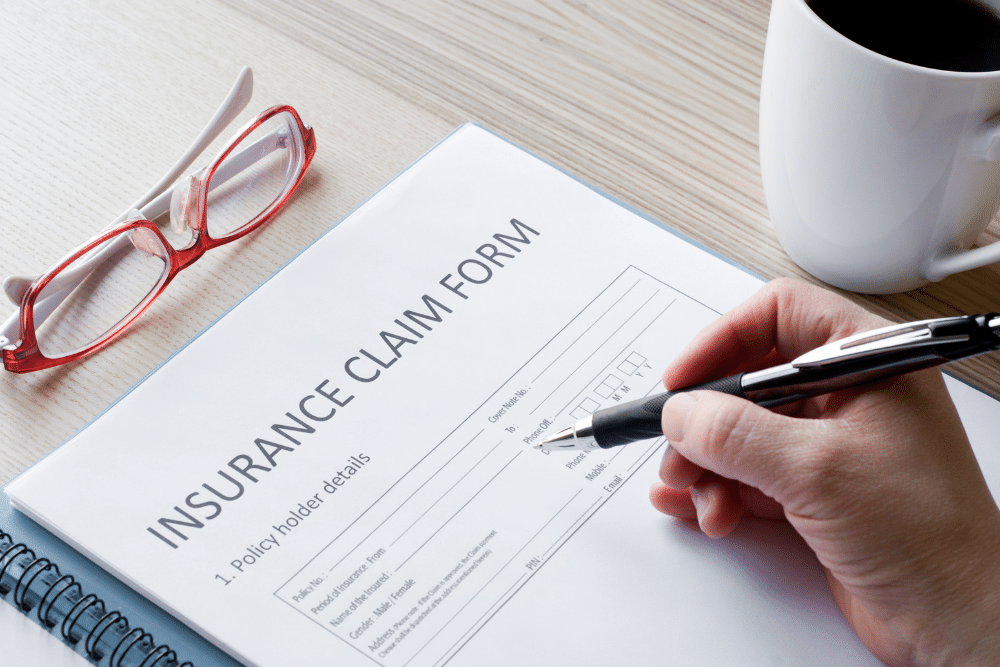Some of the Most Common Types of Fraud in Illinois
Fraud is a major crime that can have long-term repercussions if you are charged and found guilty. In Illinois, the law prohibits many different types of fraud, ranging from identity theft to insurance fraud.
Understanding what constitutes fraud in our state is important for anyone who may face legal consequences due to their involvement with fraudulent activities. Here’s what you need to know about some of the most common types of fraud in Illinois… and others you may not know about.
Identity Theft and Deceptive Practices
Under Article 17, Subdivision 10 of the Criminal Code of 2012, identity theft occurs when someone uses another person’s personal information without their permission or knowledge for unlawful or fraudulent purposes. This type of fraud can include using another person’s name or Social Security number to open credit accounts or even stealing someone else’s mail.
A conviction for identity theft can result in up to three years imprisonment and a fine of up to $25,000.
Computer Fraud
Computer fraud occurs when someone illegally accesses a computer or network with the intent to commit fraud or theft.
You could be accused of stealing personal information, manipulating data or programs, altering or deleting files, or using any other means to unlawfully gain access to a system. Other ways of committing computer fraud may include using deception or false pretenses in order to gain control over another person’s account or system.
Forgery and Financial Institution Fraud
Under Article 17, Subdivision 20, it is illegal for individuals to forge checks or other documents with the intent to defraud someone else out of money or property. Additionally, this subdivision prohibits any form of financial institution fraud such as forging checks or using counterfeit credit cards.
Conviction on these charges can result in one year imprisonment and fines up to $2,000.
Fraud on a Governmental Entity
It is also against the law for anyone to commit any type of fraudulent act against a government entity using a computer system. This includes using false pretenses, misrepresentation, and deception in order to obtain funds from the government entity. It may also include using stolen passwords or accessing protected information without authorization.
Anyone who commits this type of crime can face serious criminal penalties and may even be liable for civil damages if their actions resulted in losses for the governmental entity involved.
Counterfeiting Currency
Article 17 subdivision 25 states that counterfeiting currency is prohibited and is considered a felony offense punishable by three years imprisonment and fines up to $25,000 for each offense committed.
Counterfeiting currency includes reproducing fake coins and bills that are made with the intention to deceive someone else into believing they are real United States currency notes or coins issued by the government.
Insurance Fraud

Article 17, Subdivision 15 of the Criminal Code prohibits any form of insurance fraud. What exactly is insurance fraud? Generally speaking, it includes filing false claims or making false statements regarding a claim in order to reap financial benefits from an insurance provider.
If convicted of insurance fraud, you face up to five years in prison and a fine of up to $25,000.
It’s important for individuals charged with any type of fraud understand their rights under state law so they can make informed decisions about how best defend themselves against these charges legally. If you have been charged with any kind of fraud in Illinois it’s important you seek experienced legal counsel as soon as possible so you can get the best advice regarding your situation before taking further action.
About the Author:
Andrew M. Weisberg is a former felony prosecutor who now serves as a defense attorney in the greater Chicago area. He has extensive experience handling all types of criminal cases, from sex offenses and domestic violence to retail theft-related crimes, murder, and drug crimes. His work has been recognized by Avvo, Expertise, National Trial Lawyers, and others, and he has been featured on countless news outlets for his experience and knowledge in criminal law.







 Blog Home
Blog Home 










